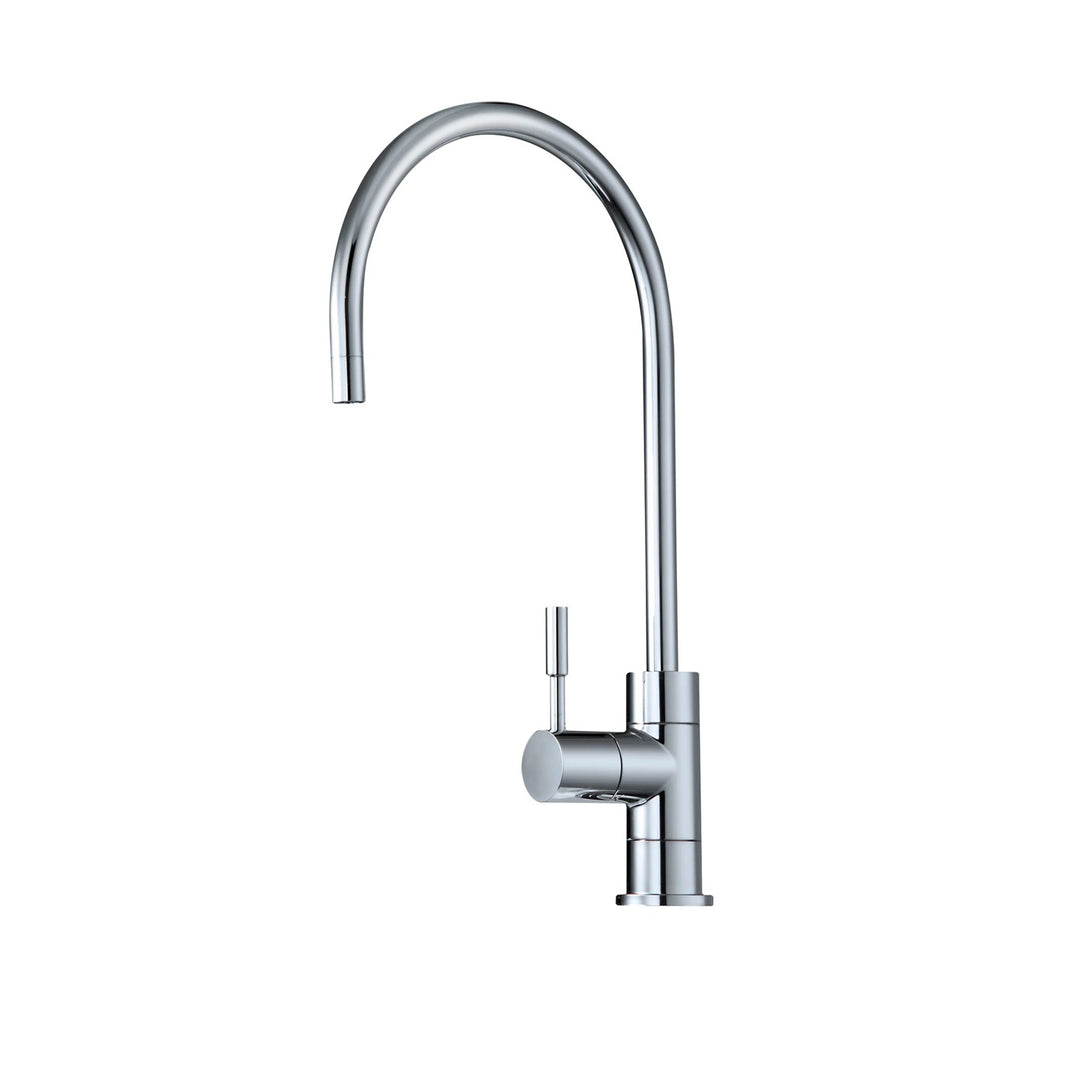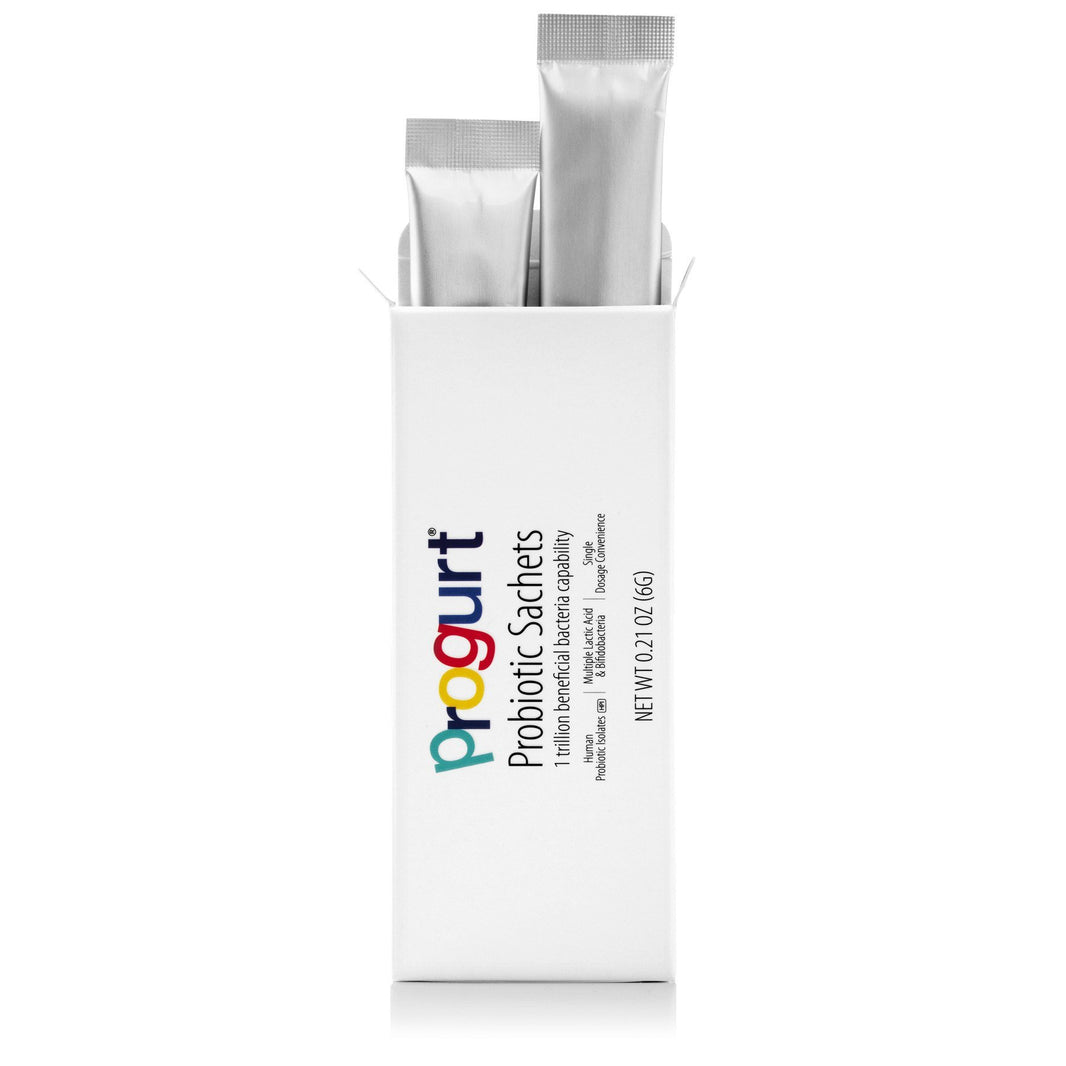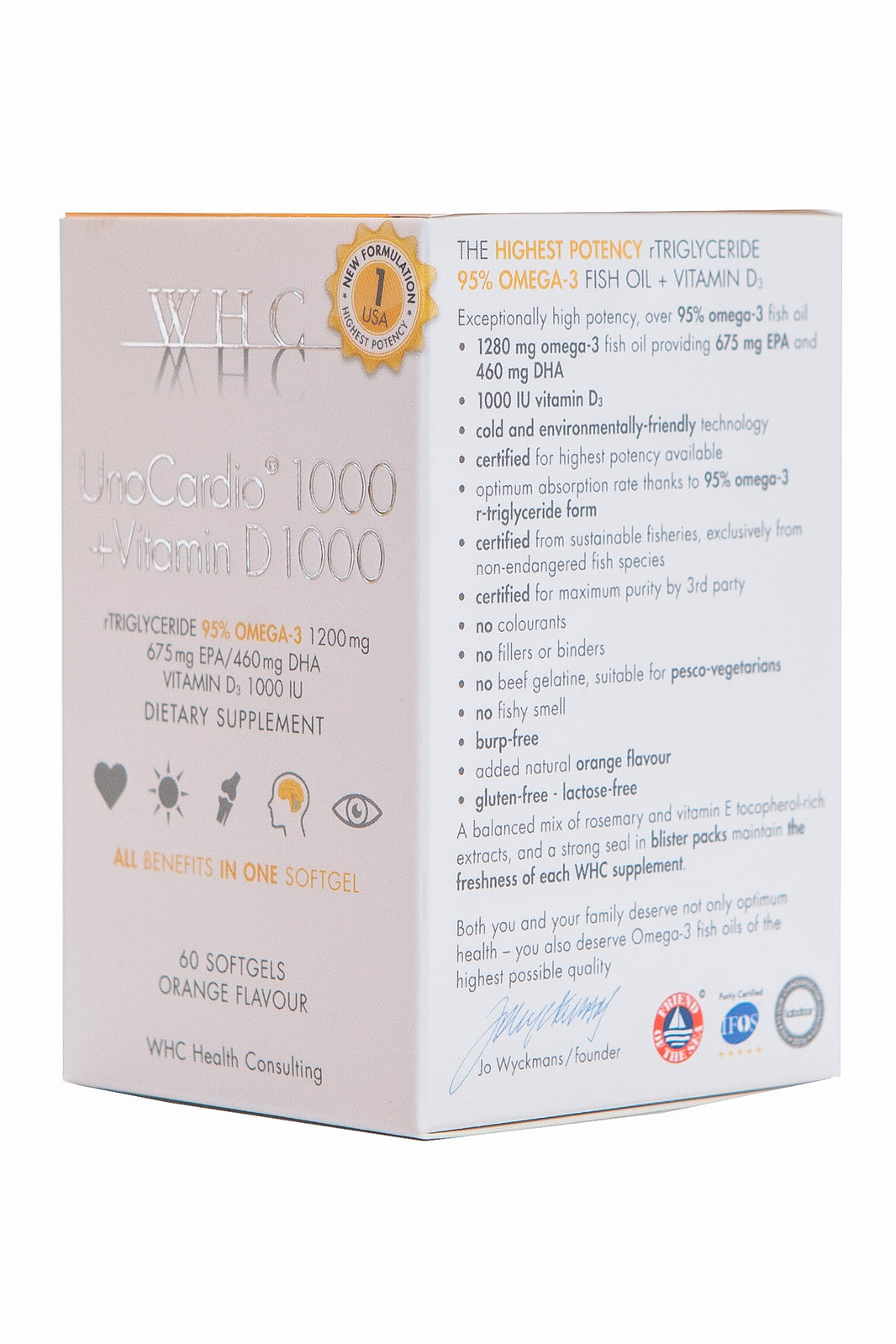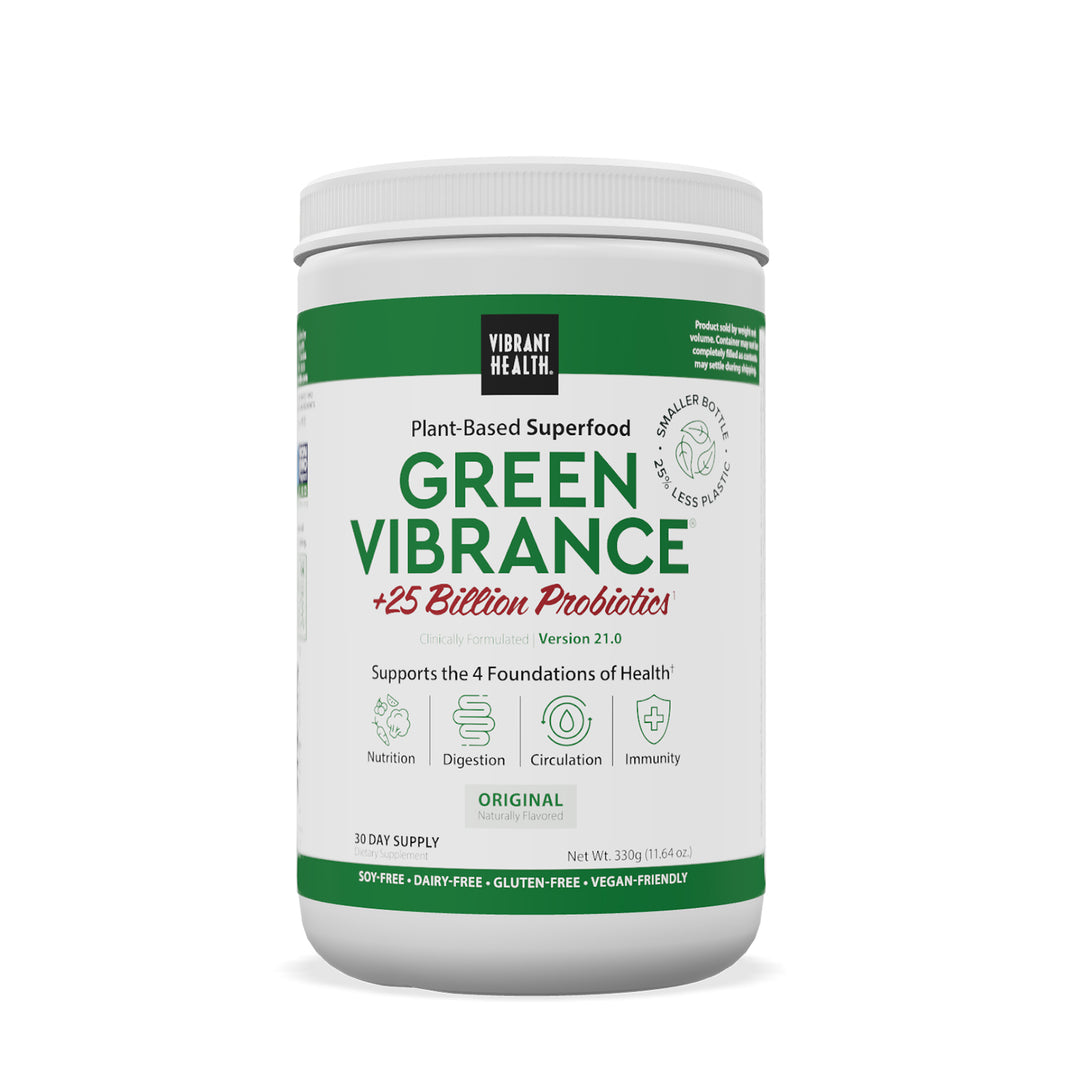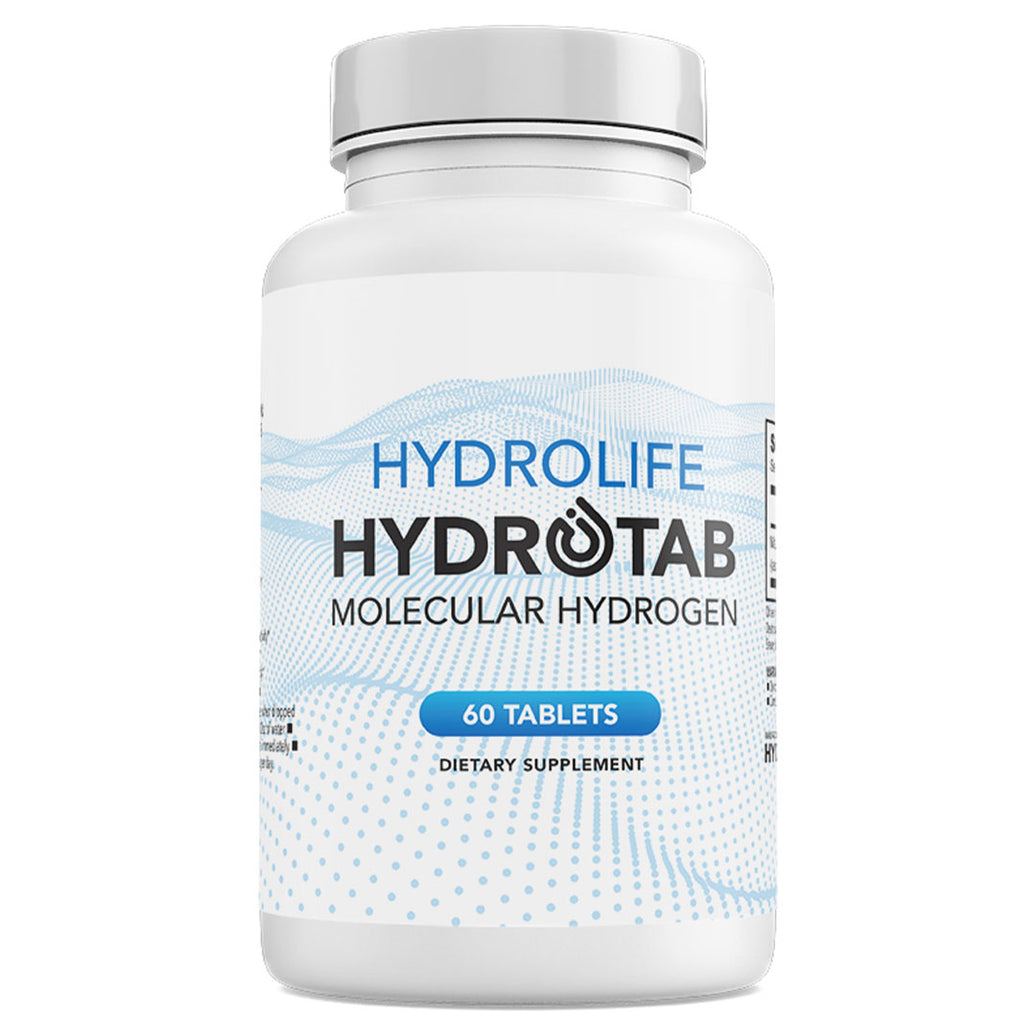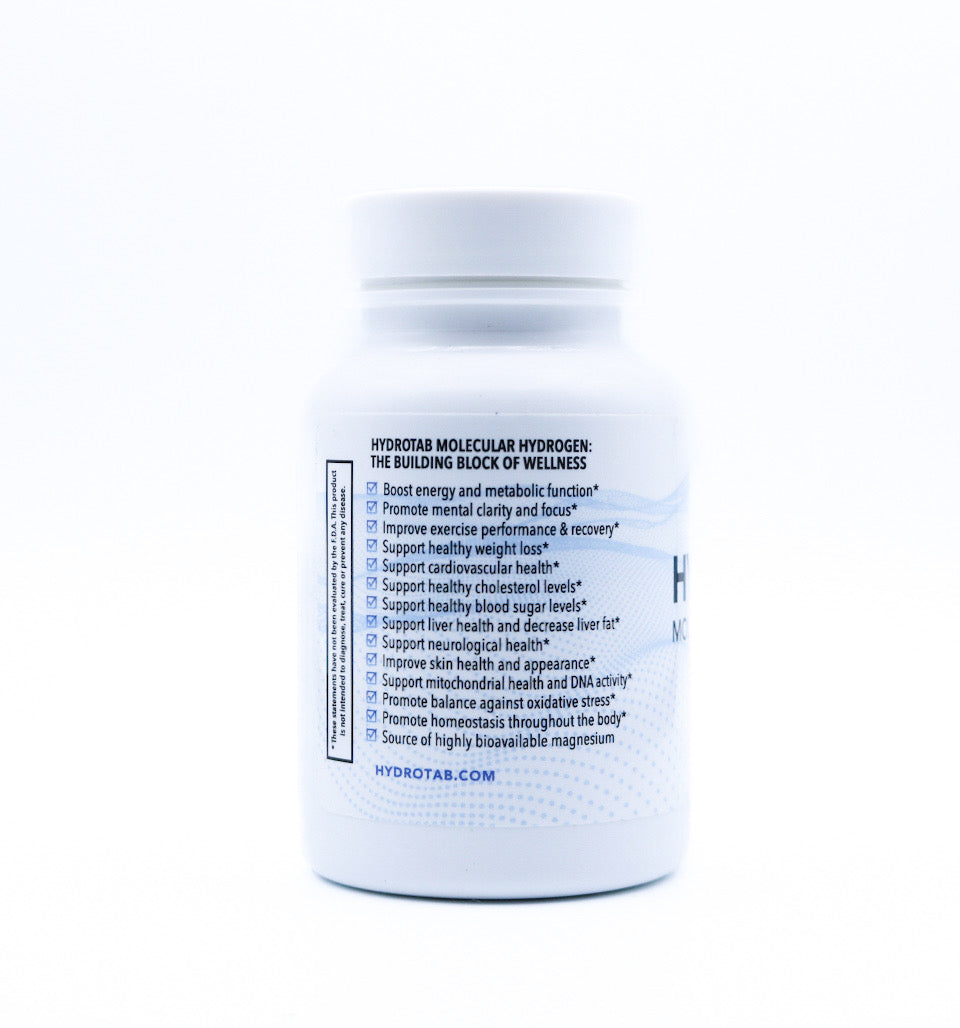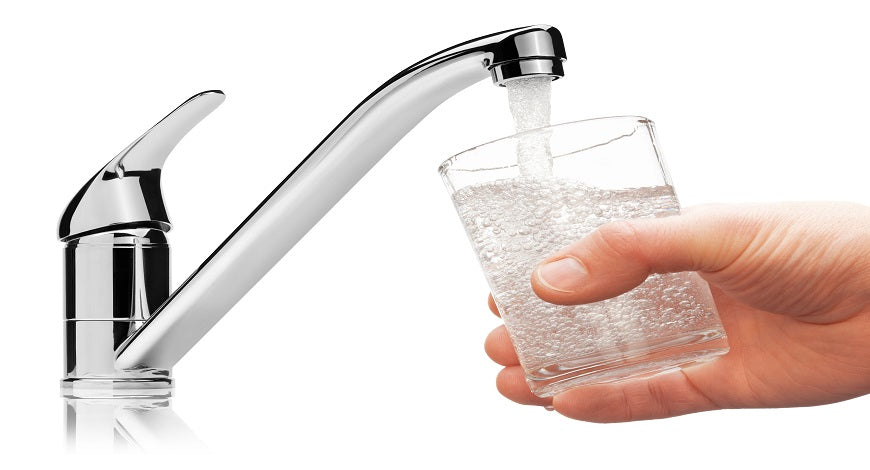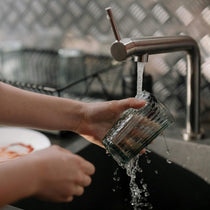For decades, fluoride has been added to drinking water in many parts of the world. Supporters argue that it helps reduce cavities, while critics raise concerns about overexposure and long-term effects. This leaves many people asking the same question: should we try to remove fluoride from tap water?
It’s not always straightforward to find balanced answers. Some authorities highlight the benefits, while others point to studies suggesting potential risks. What is clear, however, is that once fluoride is in your water supply, you have little control over how much you consume.
That’s why interest in using an anti fluoride filter or dedicated systems designed to remove fluoride water is growing.
Why fluoride was added in the first place
The practice of fluoridating public water supplies dates back to the early 20th century. Dentists noticed that communities exposed to naturally fluoridated water had lower levels of tooth decay. This correlation led to the widespread addition of fluoride to water systems, even though not all scientists agreed with the approach.
Today, many countries across Europe do not fluoridate their water, yet rates of tooth decay continue to decline. This raises the question of whether the original reasoning still applies. For those who remain cautious, exploring how to get fluoride out of water has become an important step in managing household health.
Does filtering water remove fluoride?
Not all filters are the same. Standard carbon filters, such as those found in common jug filters, can improve taste and reduce chlorine, but they do very little to remove fluoride from water. To be effective, you need a system specifically designed for it — such as an anti fluoride filter.
These may use activated alumina, bone char, or reverse osmosis membranes. Each has its own pros and cons in terms of efficiency, cost, and practicality. If you’ve wondered “does filtering water remove fluoride?” the answer is yes, but only if the right type of filter is chosen.
Concerns about fluoride exposure
While topical fluoride (like toothpaste) is generally considered effective for strengthening enamel, exposure through drinking water is less easy to control. Over time, this has raised concerns.
Studies have linked high levels of fluoride to issues such as dental fluorosis, where teeth develop white or brown mottling. Other research has investigated potential impacts on neurological development. Even though results vary, the sheer difficulty of monitoring daily intake makes it understandable why many people prefer to remove fluoride from tap water altogether.
The importance of choosing the right water filter
If you’re looking to reduce contaminants at home, a basic jug filter won’t be enough. What you need is a fluoride in water filter specifically tested to reduce or eliminate fluoride. These are often combined with multi-stage systems that also tackle heavy metals, chlorine, pesticides, and other impurities.
The benefit is twofold: you improve the overall quality of your drinking water while also ensuring you can get fluoride out of water. For households concerned with long-term wellness, this extra layer of protection can provide peace of mind.
Practical ways to remove fluoride from water
There are several practical options available if you want to remove fluoride water at home:
Reverse osmosis systems: Highly effective at removing a wide range of impurities, including fluoride.
Activated alumina filters: Designed specifically to target fluoride, though they require regular maintenance.
Bone char carbon: A natural method that has been used historically for fluoride reduction.
Each system has its own advantages. The right choice depends on your water supply, budget, and household needs.
Conclusion: taking control of your water
Fluoride has been in tap water for decades, but that doesn’t mean you can’t choose how much of it you consume. For people who want more control, the solution lies in using an anti fluoride filter or other systems that can reliably remove fluoride from water.
Whether your priority is taste, safety, or simply peace of mind, learning how to get fluoride out of water gives you that choice.
By investing in the right fluoride in water filter, you can make sure every glass you drink is as clean and balanced as possible.



